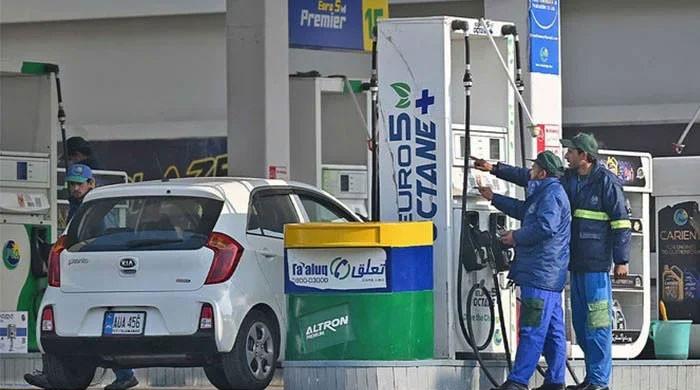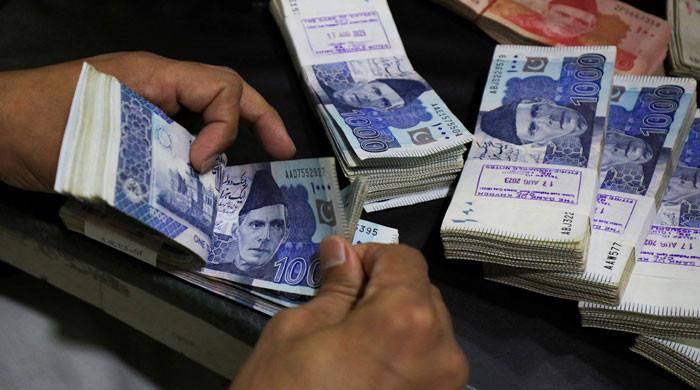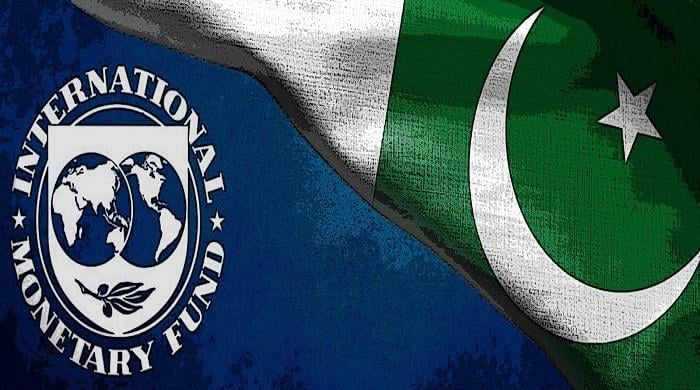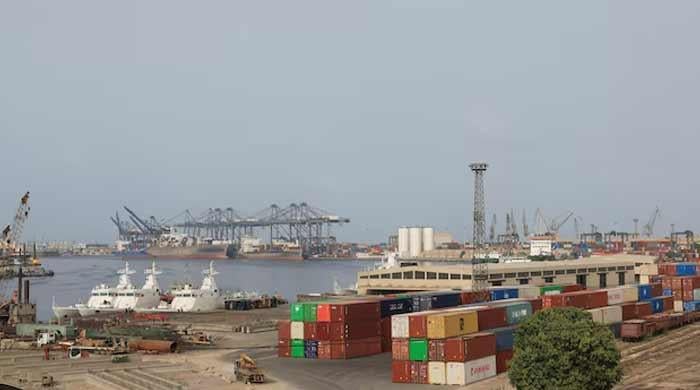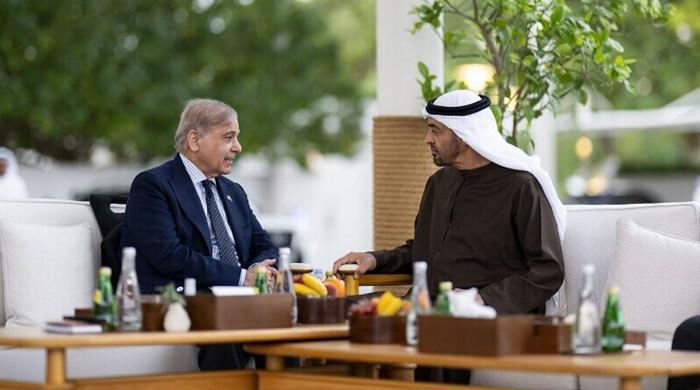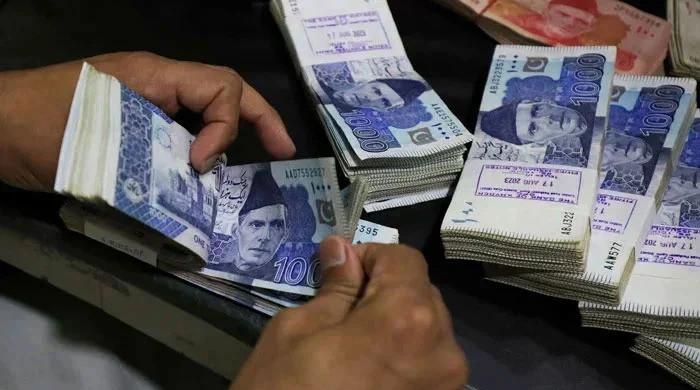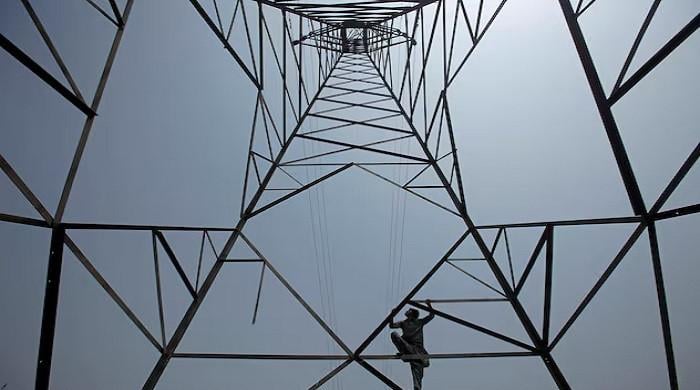SBP issues unified QR code to accelerate digitisation of retail payments
Initiative is part of SBP’s bid to promote inclusion, innovation, modernisation of payment systems, bank says
March 03, 2022
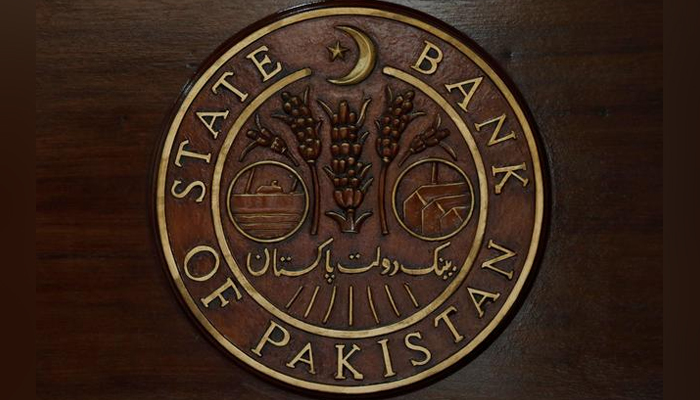
- SBP issues standards for quick response (QR) code-based payments.
- QR code-based payments are becoming popular globally, SBP says.
- It says standards to promote establishment of domestic payment schemes.
KARACHI: The State Bank of Pakistan (SBP) has issued standards for quick response (QR) code-based payments in Pakistan to accelerate digitisation of retail payments, The News reported Thursday.
In a statement, the SBP said: "These standards are to be met for issuing of QR codes and accepting of payments through the same. This initiative is a part of SBP’s drive to promote inclusion, innovation, and modernisation of payment systems in the country."
“With the issuance of a single country-wide QR code standard Pakistan joins the list of countries who have taken similar steps to promote low-cost digitisation of payment services, especially at the retail level,” it added.
QR code-based payments are increasingly becoming popular around the world for being low cost and easy to use via mobile applications, according to the SBP.
However, in Pakistan, QR codes that are being issued by financial institutions are not usually based on common industry standards and had limited interoperability due to which their acceptance and usage in the country is very low, it noted.
Accordingly, the common QR code standards have been developed by an industry consultative group, formed by SBP, and is based on EMVCo’s QR code specifications for merchant payments.
EMVCo is a global technical body that facilitates worldwide interoperability and acceptance of secure payment transactions by managing and evolving the EMV specifications and related testing processes.
The standards are designed to be flexible to adapt to new and innovative use-cases, with data objects allocated for scheme, acquirers and SBP for future use.
To facilitate the issuance and adoption of QR code-based payments, the SBP has issued two variations: one for a person to person (P2P) payments and the other for person to merchant payments.
The P2P standard would be used by banks and financial institutions to generate personalised QR codes for their customers, using which they would be able to receive payments on their mobile apps.
Similarly, the person to merchant standard would be used for accepting and processing merchant-based payments, using mobile apps, on lines similar to card-based payment acceptance.
“All financial institutions offering digital payment services would be required to comply with the new requirements and ensure that mobile apps of all banks and other payment institutions in Pakistan are able to scan and process any QR code that is issued as per the new standard not later than June 30, 2022,” the SBP said.
The standards also promote the establishment of domestic payment schemes, which will provide an efficient and cost-effective payment alternative to the citizens of Pakistan, the SBP said.
Further, it will enable a fully interoperable mechanism for QR issuance with embedded information of multiple payment schemes within a single QR code, allowing the customer to choose from a range of available schemes. This will result in eliminating or reducing the number of multiple QR codes at the merchant locations, it said.
The SBP has also recently launched the P2P version of its instant payment system, Raast which will offer a fully interoperable payment mechanism for QR based payments as well.




